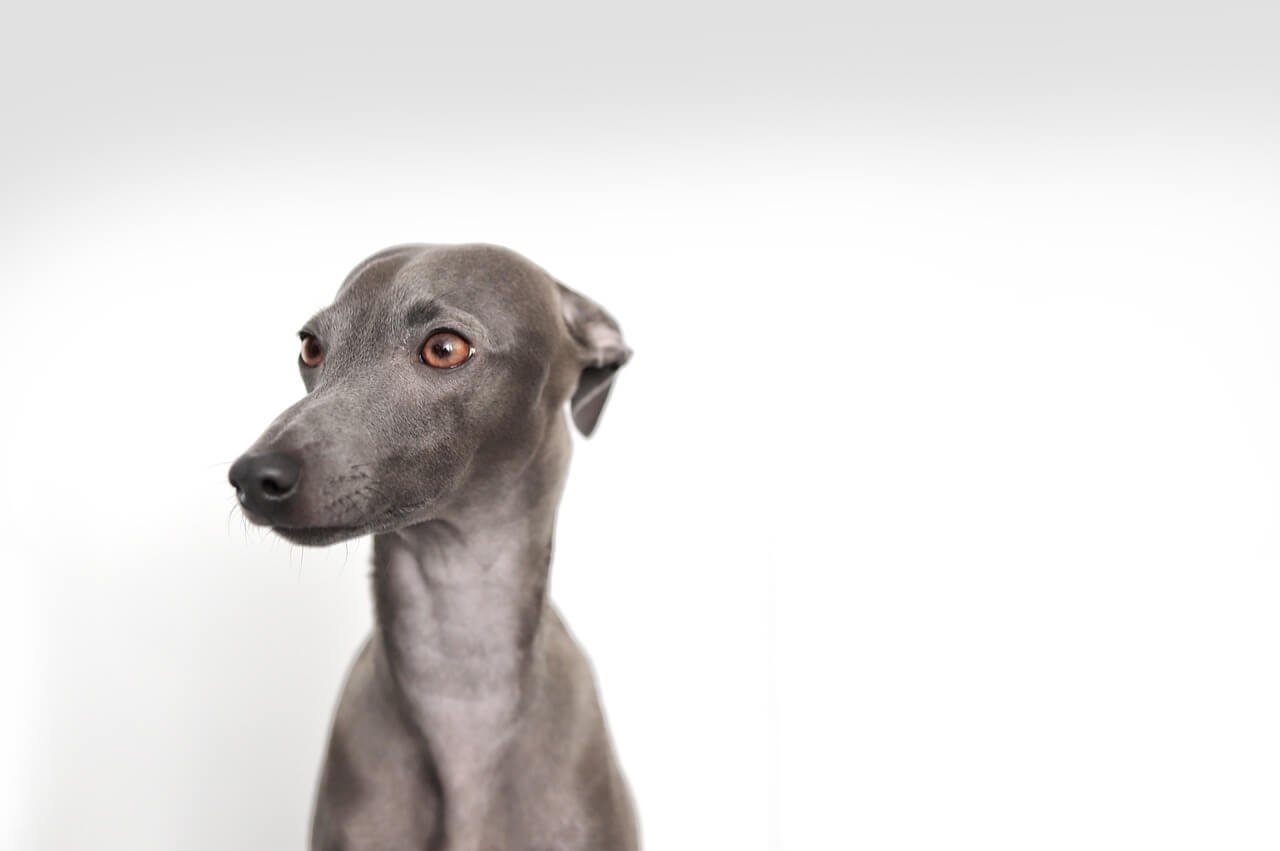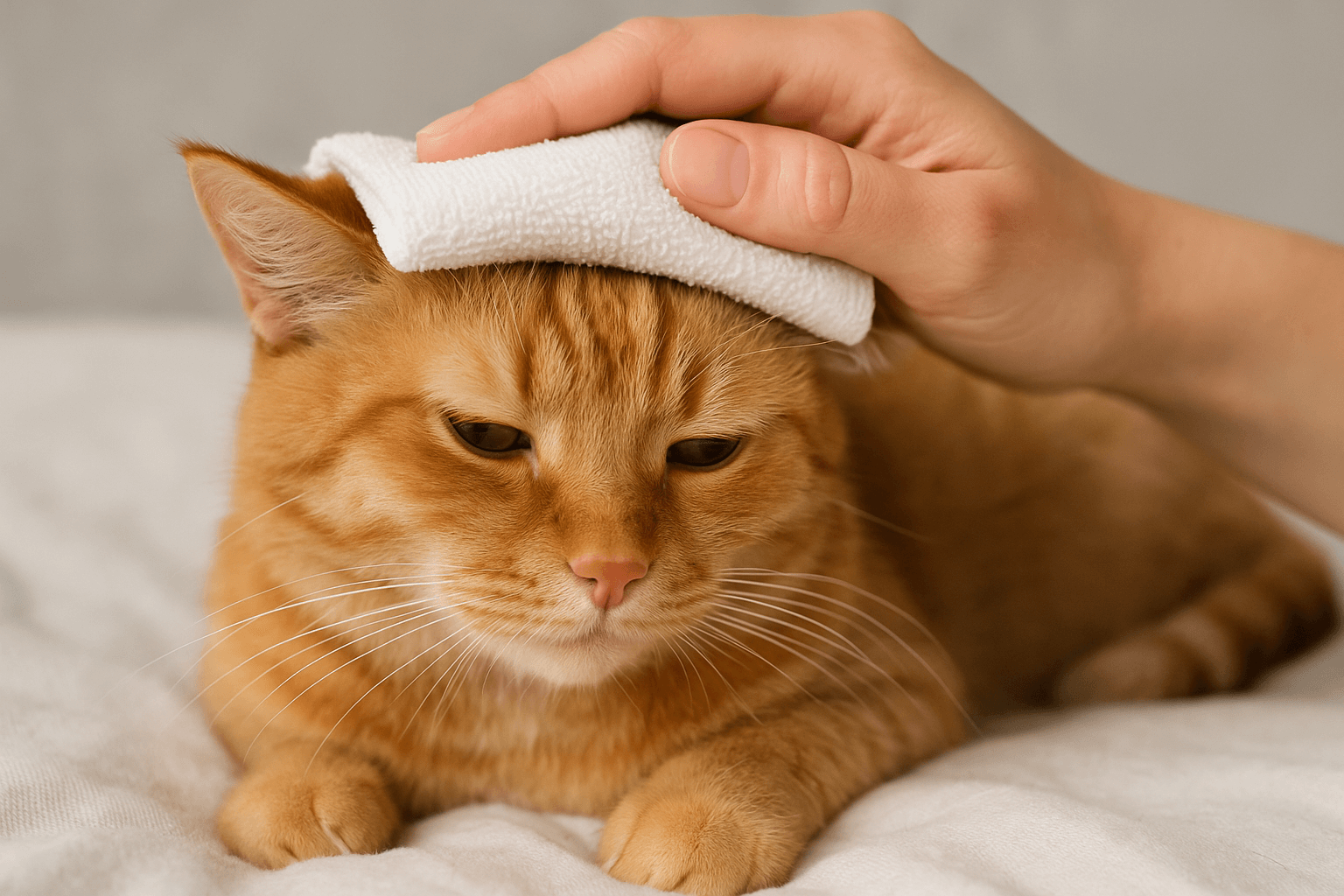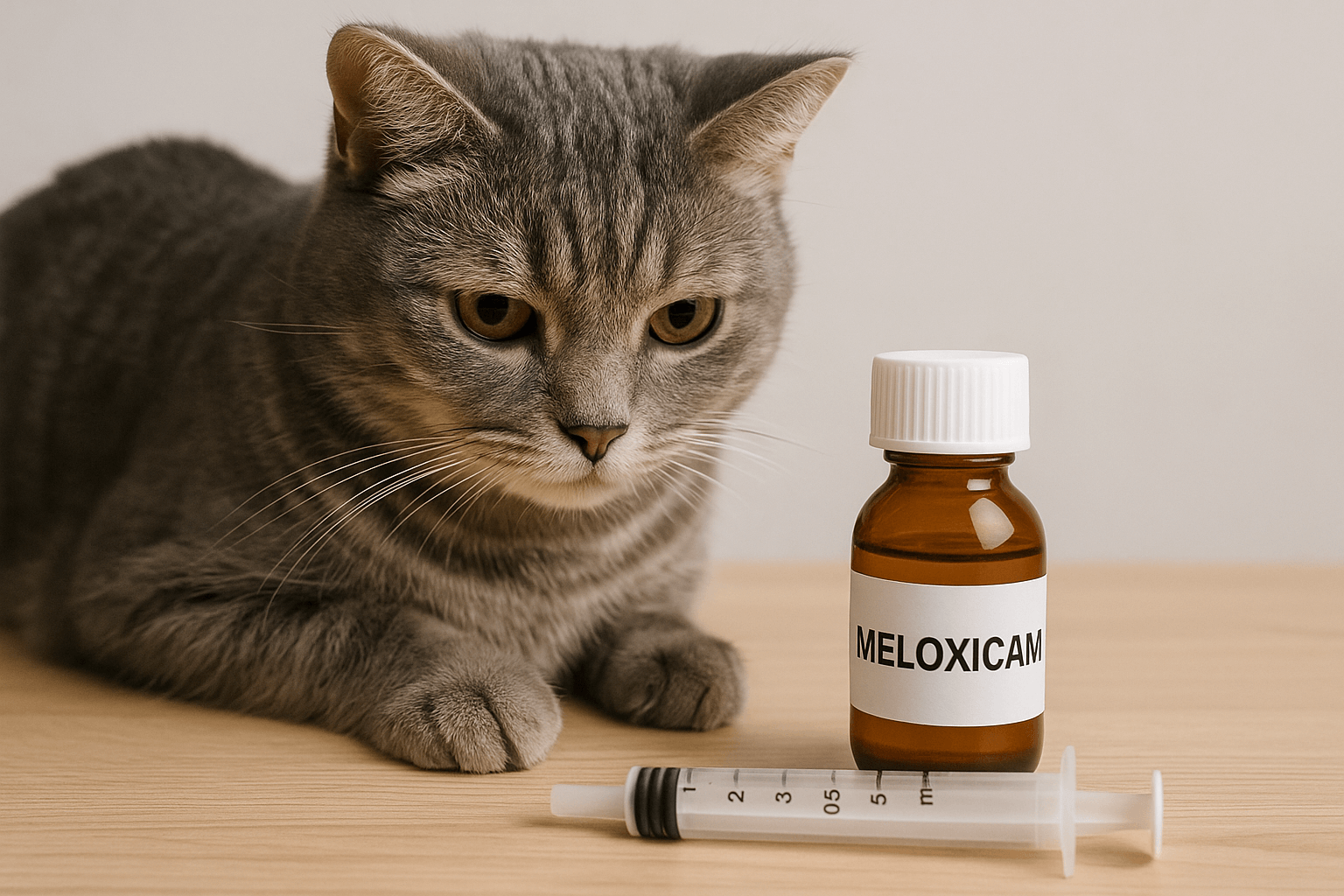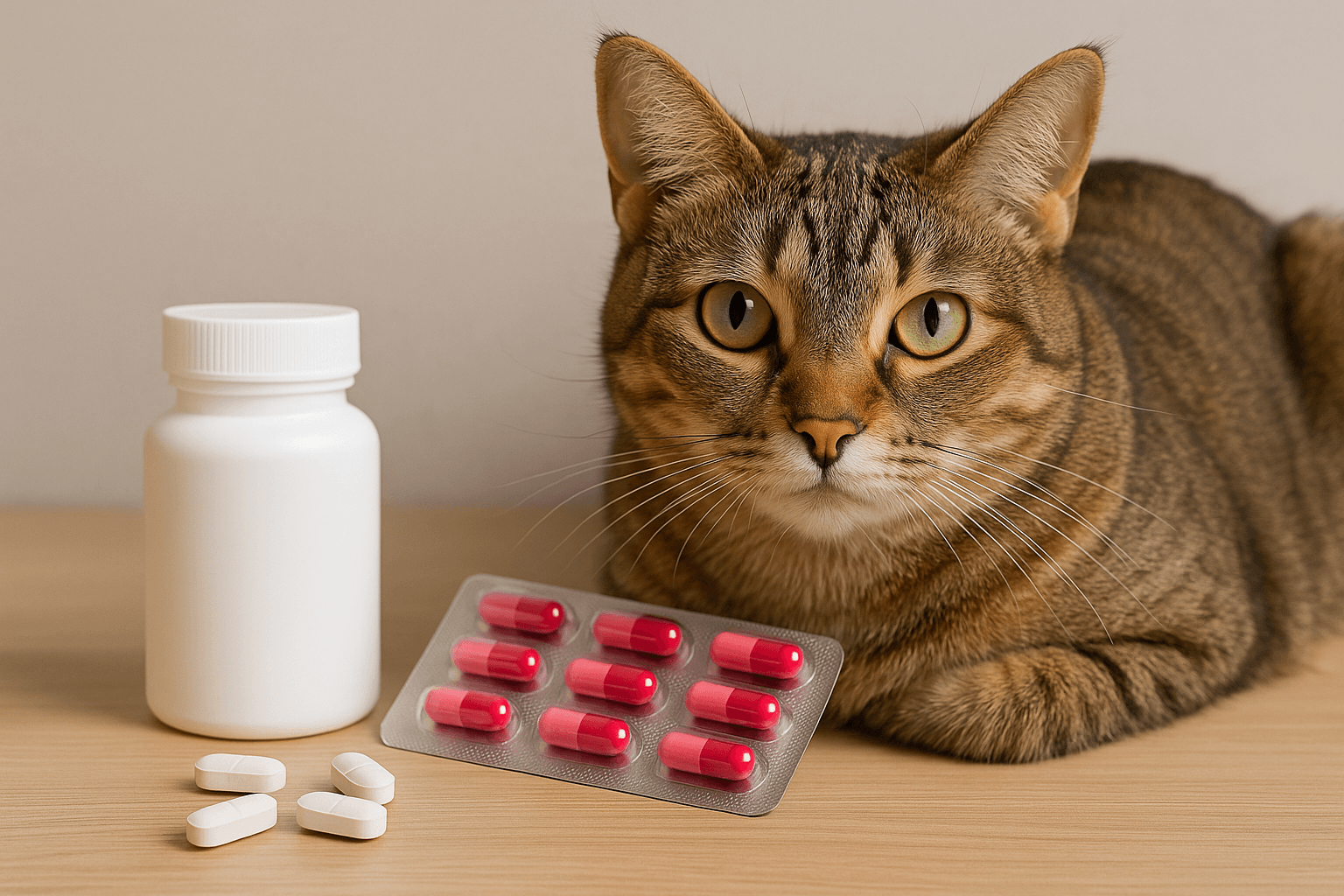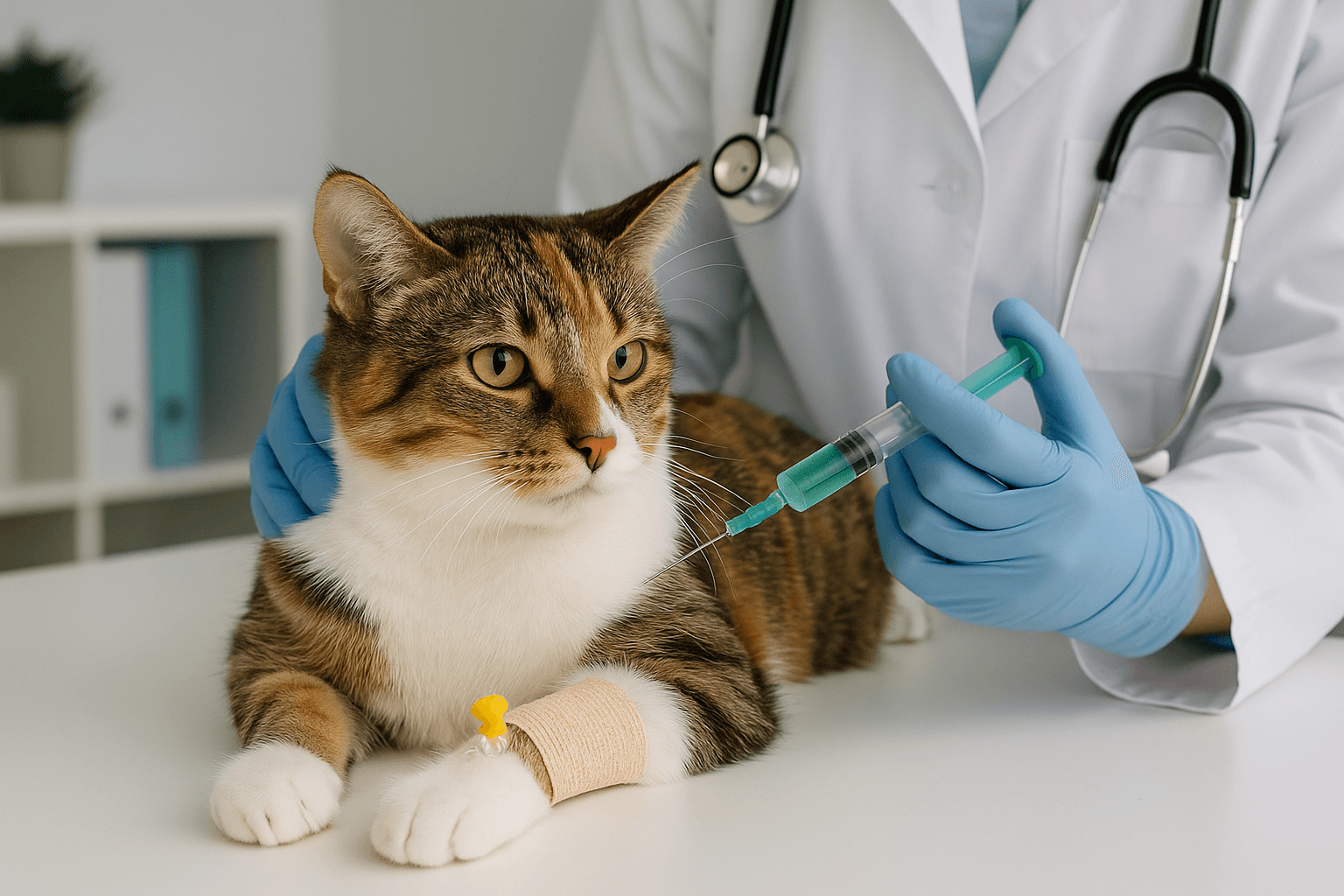Understanding Dog Peeing in Sleep: A Guide for Concerned Pet Owners
As a loving dog owner, you may have encountered the puzzling situation of your furry friend peeing in their sleep. While it can be alarming at first, this behavior is more common than you might think and often stems from natural or manageable causes. Whether you’re dealing with a young puppy still mastering bladder control or an older dog experiencing health-related issues, understanding the reasons behind this behavior is key to providing the best care. In this blog post, we’ll explore why dogs may urinate during sleep, how to address the issue, and what steps you can take to ensure your pet’s well-being.
Common Causes of Dog Peeing in Sleep
Before jumping to conclusions, it’s important to identify potential reasons behind this behavior. Here are some common factors that could explain why your dog might be peeing while asleep:
- Puppy Bladder Development : Young puppies often lack full bladder control as their bodies are still developing.
- Senior Dog Health Issues : Older dogs may experience urinary incontinence due to weakened muscles or age-related conditions.
- Deep Sleep Cycles : Dogs in deep REM sleep may not wake up in time to relieve themselves.
- Dietary Factors : Certain foods or excessive water intake before bedtime can increase the likelihood of accidents.
- Underlying Medical Conditions : Conditions like urinary tract infections (UTIs) or diabetes can lead to involuntary urination.
While these causes are relatively common, it’s essential to observe your dog’s overall behavior and consult a veterinarian if the issue persists. Early intervention can help prevent further complications and ensure your dog stays healthy.
Signs Your Dog May Need Veterinary Attention
If your dog is peeing in their sleep, it’s crucial to differentiate between occasional accidents and symptoms of a deeper issue. Here are some warning signs that indicate it’s time to seek professional help:
- Frequent Accidents : If the behavior occurs regularly despite training efforts.
- Changes in Urine Color or Smell : Unusual urine characteristics can signal infections or other health problems.
- Increased Thirst or Appetite : These could be signs of diabetes or kidney issues.
- Lethargy or Discomfort : Behavioral changes may point to pain or discomfort related to urinary issues.
- Straining During Urination : Difficulty urinating is a red flag for potential blockages or infections.
When you notice any of these signs, don’t hesitate to reach out to your veterinarian. Early diagnosis and treatment can make all the difference in your dog’s quality of life. Remember, addressing the issue promptly shows your commitment to their well-being.
Expert Opinion: Insights from a Veterinarian
“Urinary incontinence during sleep, especially in senior dogs, is often linked to weakened sphincter muscles or hormonal imbalances,” explains Dr. Sarah Collins, a licensed veterinarian with over 15 years of experience. “While it’s not uncommon, addressing the issue early through proper medical evaluation and treatment can significantly improve your dog’s quality of life.”
Check this guide 👉 4 Best Washable Dog Diapers for Ultimate Protection!
Check this guide 👉 The 5 Best Dog Diapers for Ultimate Comfort!
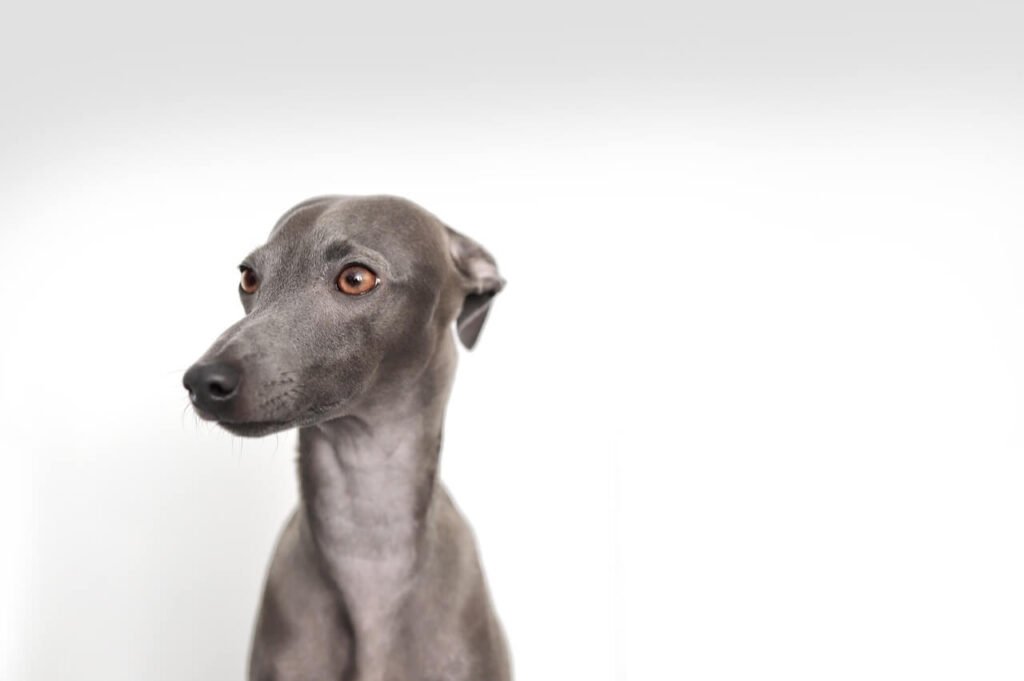
Preventive Measures | Potential Benefits |
|---|---|
Limit Water Intake Before Bedtime | Reduces nighttime accidents |
Establish a Consistent Potty Routine | Helps train bladder control |
Provide Comfortable Sleeping Areas | Minimizes stress-related incontinence |
Monitor Diet and Nutrition | Prevents dietary triggers for accidents |
Schedule Regular Vet Checkups | Identifies and addresses underlying issues |
Tips for Managing Dog Peeing in Sleep
Managing this behavior effectively requires patience and consistency. Here are some actionable tips to help you navigate this challenge:
- Create a Calm Bedtime Routine : A predictable schedule can help signal to your dog that it’s time to wind down.
- Use Waterproof Bedding : Protect your furniture and floors with washable, waterproof covers.
- Encourage Frequent Bathroom Breaks : Take your dog out right before bed and immediately after waking up.
- Reward Positive Behavior : Reinforce good habits by praising your dog when they successfully hold their bladder overnight.
- Monitor Stress Levels : Anxiety or fear can contribute to accidents, so ensure your dog feels safe and secure.
By incorporating these strategies into your daily routine, you can reduce the frequency of accidents and foster a harmonious living environment for both you and your pet.
Training Techniques to Improve Bladder Control
Training plays a vital role in helping your dog develop better bladder control. Here are some effective techniques to consider:
- Positive Reinforcement : Reward your dog with treats or praise when they successfully hold their bladder.
- Crate Training : Use a crate to encourage self-control, but ensure it’s spacious enough for comfort.
- Gradual Timing Adjustments : Extend the time between bathroom breaks incrementally to build endurance.
- Consistent Commands : Use specific phrases like “go potty” to associate actions with verbal cues.
- Avoid Punishment : Negative reactions can increase anxiety and worsen the problem.
With consistent effort and compassion, you can guide your dog toward improved bladder control. Remember, progress takes time, so celebrate small victories along the way.
Creating a Stress-Free Environment for Your Dog
A calm and stress-free environment can significantly reduce the likelihood of your dog peeing in their sleep. Dogs, like humans, can experience anxiety, which may manifest in unexpected ways, including nighttime accidents. Here are some tips to create a peaceful atmosphere for your pet:
- Provide a Safe Space : Designate a quiet area where your dog can retreat when they feel overwhelmed.
- Use Calming Scents : Products like lavender sprays or pheromone diffusers can help soothe anxious dogs.
- Stick to a Routine : Consistent feeding, walking, and sleeping schedules provide a sense of security.
- Minimize Loud Noises : Avoid sudden or loud sounds that could startle your dog during sleep.
- Engage in Playtime : Regular exercise and mental stimulation can reduce stress levels.
By focusing on your dog’s emotional well-being, you can minimize triggers that might lead to nighttime accidents. A relaxed dog is more likely to sleep soundly and maintain bladder control.
Dietary Adjustments to Support Bladder Health
Your dog’s diet plays a crucial role in their overall health, including bladder function. Certain foods and eating habits can either contribute to or prevent nighttime accidents. Consider these dietary adjustments to support your dog’s urinary health:
- Limit Evening Water Intake : Restrict access to water 2-3 hours before bedtime to reduce the risk of accidents.
- Choose High-Quality Food : Opt for dog food that supports urinary tract health and avoids artificial additives.
- Avoid Salty Treats : Excessive salt can increase thirst and urine production, leading to more frequent accidents.
- Monitor Portion Sizes : Overfeeding can strain the digestive system and indirectly affect bladder control.
- Consult a Nutritionist : If unsure, seek advice from a veterinary nutritionist for tailored recommendations.
Making thoughtful dietary changes can have a positive impact on your dog’s bladder health. Always introduce adjustments gradually to avoid upsetting their digestive system.
Strengthening the Bond Through Training
Training isn’t just about correcting unwanted behaviors—it’s also an opportunity to strengthen the bond between you and your dog. When addressing issues like peeing in sleep, training can foster trust and communication. Here are some ways to use training as a bonding tool:
- Be Patient and Gentle : Approach training sessions with kindness to build confidence and trust.
- Incorporate Fun Activities : Use games and rewards to make learning enjoyable for your dog.
- Practice Short Sessions : Keep training sessions brief to maintain focus and enthusiasm.
- Celebrate Small Wins : Acknowledge progress, no matter how minor, to keep your dog motivated.
- Stay Consistent : Use the same commands and routines to avoid confusion and reinforce learning.
Through consistent and compassionate training, you’ll not only address the issue at hand but also deepen your connection with your furry friend. Remember, a strong bond is the foundation of a happy and healthy relationship.
Frequently Asked Questions About Dog Peeing in Sleep
Is it normal for puppies to pee in their sleep?
Yes, it’s relatively common as their bladder control is still developing.
Should I be worried if my senior dog starts peeing in sleep?
It could indicate age-related issues, so consulting a vet is advisable.
Can diet affect my dog’s nighttime accidents?
Absolutely. Foods high in sodium or excessive water intake can increase the likelihood of accidents.
How can I tell if my dog has a urinary tract infection?
Look for signs like frequent urination, blood in urine, or straining during bathroom breaks.
What should I do if my dog pees in their sleep repeatedly?
Consult your veterinarian to rule out medical conditions and discuss behavioral training options.
Final Thoughts: Supporting Your Dog Through This Challenge
Dealing with a dog peeing in sleep can feel overwhelming, but remember that patience and understanding go a long way. By identifying the root cause, implementing preventive measures, and seeking professional guidance when needed, you can support your pet through this phase. Every dog is unique, and with love, consistency, and care, you’ll find a solution that works for both of you. Cherish the bond you share with your furry companion, and know that overcoming challenges together only strengthens your relationship.
Cat Fever Treatment: Best 7 Expert Tips! Discover expert advice on identifying, managing, and treating fever in cats to ensure their quick recovery and well-being.
Understanding Meloxicam for Cats: Best 7 Expert Tips! Learn how to safely administer meloxicam, manage side effects, and ensure your cat's comfort with expert advice on feline pain relief.
Amoxicillin for Cat UTI: Best 7 Expert Tips! Discover safe usage, dosage guidelines, and expert advice on treating feline urinary tract infections effectively with amoxicillin.
Understanding Cat Cancer Treatment: Best 7 Expert Tips! Discover expert advice on managing feline cancer, from early detection to treatment options, ensuring your cat’s health and comfort.

